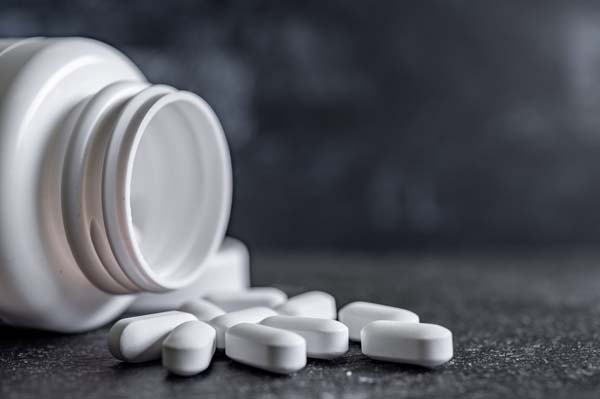Medication Assisted Treatment for Drug Abuse

Using medication assisted treatment to overcome drug problems could be the right strategy for you or your loved one. Coping with drug dependency can be challenging. It may also take a multi-faceted approach. If you or someone you care about is struggling with drugs, talk to a health care professional. A doctor or therapist may recommend using medication to curb the addictions. Medication can also reduce the physical effects of the drugs.
The consequences of drug use
Drug abuse habits can afflict pre-teens, adolescents, and adults. Family members, friends, and co-workers will also feel the effects. Drug use can harm the person’s body and mind, causing issues with vital organs, tissues, and systems. Drug abuse can hinder a person’s mood and behavior. These factors can make it difficult, if not impossible, for the individual to function in society. Substance addiction can hamper a person’s job, schoolwork, or relationships.
Withdrawal symptoms
When a person accustomed to taking drugs regularly suddenly stops, the body will go through withdrawals. This is characterized by emotional challenges, such as anxiety and depression. There are physical symptoms as well, including nausea, vomiting, sweating, fatigue, and seizures. People going through withdrawals may hallucinate. A doctor may prescribe medication to relieve these feelings. The type, dosage, and length of medication will depend on the severity of the symptoms.
Detox
Early in the stages of medication assisted treatment, the doctor will oversee detox. This allows the body to cleanse itself from toxins and other damage from the drugs. Using medication to do this, the body can resume its normal functions. Detox is also related to withdrawals, at it helps patients cope with this difficult stage.
Types of medication: naloxone
Opioid addiction is on the rise. It can affect people of all backgrounds at different points in their life. Opioid overdose can kill, but there are drugs to reverse these effects and even stop death. A doctor can administer naloxone through the muscle or even through a nasal spray. The key is to get it into the patient’s system as quickly as possible.
Other medication: methadone
When it comes to medication assisted treatment, the doctor may recommend methadone as well. It can reduce pain associated with drug use and can also help treat addiction, especially the cravings that addicts have. The doctor may prescribe it to get the patient through withdrawals. The side effects can be significant, however, so a qualified medical professional will oversee its administration.
In the clinic or out
Medication assisted treatment can occur in a drug rehabilitation center. It may also continue once a patient leaves a facility. Once the patient is home and away from 24/7 care, the doctor will have frequent contact with the patient. At follow-up appointments, the doctor may adjust dosages or prescribe different types of drugs. The medication is designed to manage pain and reduce feelings of dependency.
Options for medication assisted treatment are available
If someone close to you is struggling with drug addiction, there is hope. Talk to a doctor before it is too late. Thanks to medication assisted treatment, your family member can overcome drug abuse. Recovery is possible with the right medication and methods.
Call Florida Psychiatric Associates at (407) 960-5633 for an appointment in our Altamonte Springs office.
Check out what others are saying about our services on Yelp: Medication Assisted Treatment in Altamonte Springs, FL.
Related Posts
Thinking about undergoing drug management services so you can end your drug or alcohol addiction? Also known as medication management, this alternative treatment option is available to those who no longer want to be addicted to a substance. If you are ready to undergo treatment that can help you get your life back on track,…
As an often chronic and disabling condition, attention deficit hyperactivity disorder, or ADHD, can cause serious issues in your life. Thankfully, ADHD treatment from a qualified psychiatrist is available to help manage the symptoms.ADHD is a condition that primarily consists of impulsive behavior, hyperactivity, and difficulty paying attention. It can occur in both children and…
Vivitrol injection are one of several treatment options for addiction and substance abuse. Vivitrol blocks the effects of drugs like opioids and can help prevent relapse. Psychiatrists use Vivitrol as one of multiple tools in a patient’s personalized treatment plan. Vivitrol is not a magical cure for addiction and is not the right option for…
While the process of quitting smoking is certainly not an easy one, many people have found success in using a variety of smoking cessation treatments that can be offered by a psychiatrist. According to the Centers for Diseases Control and Prevention, in 2015 about 68% of cigarette smokers reported wanting to stop smoking completely. While…
